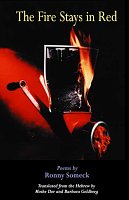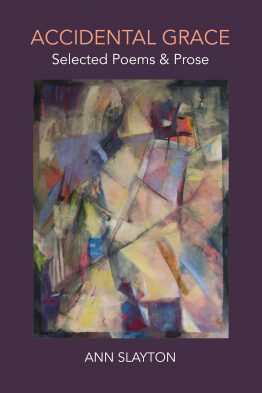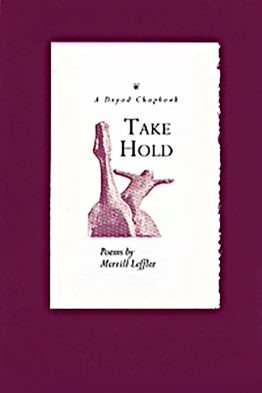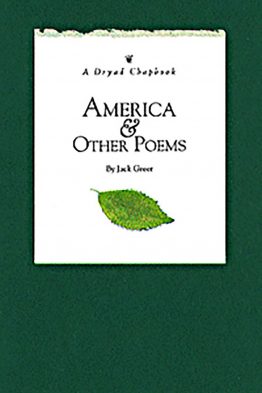Description
Henry Allen‘s poems are pyrotechnics of imagination, flaring up in the language and icons of American culture – of Babe Ruth, Allen Ginsberg, Orange, N.J., Mark Rothko, and a series of non-Tennysonian “Idylls,” among them: “War Idyll,” “Nazi Idyll,” “Phone Call Idyll,” “Bolshevik Idyll.” Order this book!
The Museum of Lost Air
I.e. the sun on VJ Day’s confetti
or the smell inside your father’s hat
or your dog barking at nothing in a cornfield,
or the fat little wedge of air
where Mrs. Roosevelt’s chin should have been.
I.e. the streetlight on a window of corrective shoes,
or the click of kissing teeth;
bated breath or moted dust,
or death itself: a light like the light inside
an empty summer place and the smell
of umbrellas or cold tea.
I.e. the hush just after you take down the Christmas tree,
the speed of shadows on the snows,
the bathroom warmth your mother’s talcum settled through
or the air you breathed through screen doors
after thunderstorms when tiny squares of wetness
winked out one! By one!
I.e., certain slants of light, whatever:
The haze of spring in 1947, soft
like the light off a sweater;
the sound of rope stretching; the heat
of things in the sunlight – strawberries, padlocks;
the cigarette smell in the phone booth when you got the news.
For more than 25 years, cultural critic Henry Allen has been an award-winning feature writer for The Washington Post – he has also written for The New York Review of Books, The New Yorker, Paris Review, Wilson Quarterly, Smithsonian, Vogue, and other national magazines. He has published the novel Fool’s Mercy (Houghton-Mifflin), a collection of essays Going Too Far Enough (Smithsonian Press), and What It Felt Like — Living in the American Century (Pantheon). He was awarded the Pulitzer Prize for criticism.





